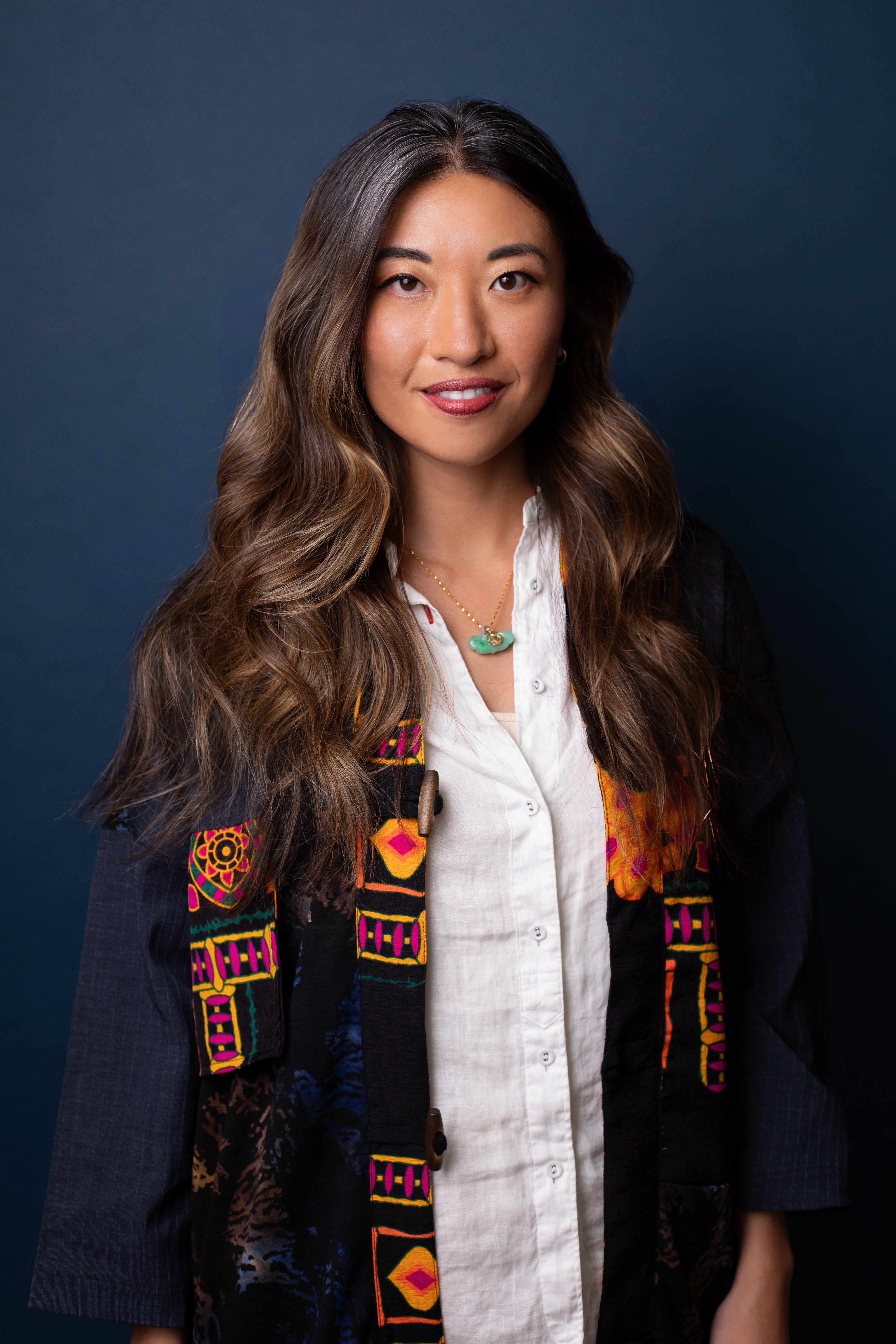Every day on the site formerly known as Twitter, people post long goodbyes to their followers and instructions on how to find them in “the other place”.
They are referring, of course, to Bluesky.
But although their fortunes are intertwined, Bluesky’s chief operating officer, Rose Wang, bristles at the constant comparisons.
“People just think that we’re some sort of Twitter alternative, but we’re very much not,” she tells The Independent. “It’d be like calling 1950s TV the same thing as YouTube.”
The similarities are hard to avoid, however. Bluesky started as a project within Twitter in 2019 and was spun out into a separate company by founder Jack Dorsey two years later. The look and feel of the site is nearly the same as X. Squint and you’d be forgiven for mistaking them.

For an increasing number of users, though, there is one crucial difference: Bluesky is not run by a megalomaniac billionaire intent on bending the world to his will.
Since Elon Musk purchased Twitter in 2022, millions of longtime users have abandoned the site in anger over its rightward lurch and an increasingly poor user experience. Musk fired some 80 percent of staff, amplified right-wing viewpoints, removed safeguards that protected against hate speech and misinformation, reinstated the accounts of extremists and neo-Nazis (and Trump), and banned critical journalists.
After luring liberals from X at a steady pace since launching in February last year, Bluesky had a breakout moment in the days after the re-election of Donald Trump. The company saw about a million users a day joining, for several days, amid fury over Musk’s support for Trump’s campaign. Some 115,000 users deactivated their accounts on X during the same period, the largest-ever mass exit from the platform.
By next year, according to analysts at digital research company eMarketer, Musk’s takeover will have cost X some 7 million users.
Instagram’s Threads was seen as the favored alternative for a while, and still has more users — but Bluesky now has the momentum.
Wang believes the reason that Bluesky is rising while others are stalling comes down to control. Bluesky doesn’t have an overriding algorithm that controls what people see. If X is the town square, where the loudest voices drown out everyone else, then Bluesky is a party that you have chosen to attend with guests similar to you.
Users can create lists of people to follow based on subject or interest, block accounts and certain types of posts, and adopt custom timeline filters. All of these controls are aimed at creating a more social, less toxic, environment.
“It’s actually lending itself to much more pro-social behavior,” Wang says. “We’re used to being trapped in one algorithm controlled by a small group of people. That’s no longer the case, and our users have built over 50,000 different feeds, like different cat feeds or Taylor Swift feeds, or F1 feeds. And these feeds basically provide cozier corners for people with other similar interests to meet each other.”
Still, Bluesky faces some big challenges in overtaking X. Twitter’s rise was fuelled by news-addicted journalists and readers, quickly becoming the go-to place for big news events — a cultural and political meeting point.
Whether Bluesky even wants to be that kind of place is not entirely clear. At the moment, it seems torn between a rush to become the world’s new chat room, and a place for people to gather in smaller numbers specific to their interests.
“I think that’s a false dichotomy,” Wang says in response to that point. “It’s like asking people offline, do you only live with a family, or do you also have other friends and take part in a global world?”

“A global stage is a community, but you and your friend are also a community, and so we’re giving you the flexibility to extend that community in concentric circles however you wish,” she adds.
Bluesky hopes it can offer specific benefits to the same journalists and media companies that fuelled Twitter’s growth. Specifically, that means more engagement and more traffic.
“You’re trying to drive people to what’s happening somewhere else, and this is the lobby in which you can discover that. That’s not how other platforms work, where they’re walled gardens and their incentives to keep you locked in,” Wang says.
Wang notes that Bluesky’s business model allows it to be more liberal in letting people leave the site. The company’s chief executive Jay Graber pledged not to “enshittify the network with ads” and Wang sings a similar tune, noting that they want people to go and explore links and read stories elsewhere, using Bluesky as their distribution channel.
But if the business model isn’t centered around ads, how does it plan to make money?
Wang points to a press release that mentions a subscription model “for features like higher quality video uploads or profile customizations like colors and avatar frames.”
In the meantime, Wang says Bluesky isn’t just waiting for Musk to say something toxic to grow its user base. People are joining for a variety of reasons, hundreds of thousands signed up when Threads was having moderation issues, for example.
Wang credits “underlying discontent” with the alternatives.
“It’s usually that you’ve had a really bad time, you’ve been unhappy, and it’s something that tips you off,” she said. “That’s what we’re seeing now. People have felt that they’ve been in toxic spaces for a long time. They’re consuming more than they’re actually generating content and they are just not making friends anymore.”



